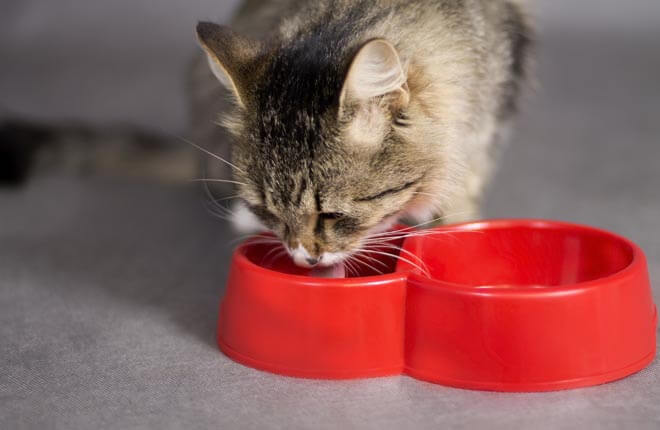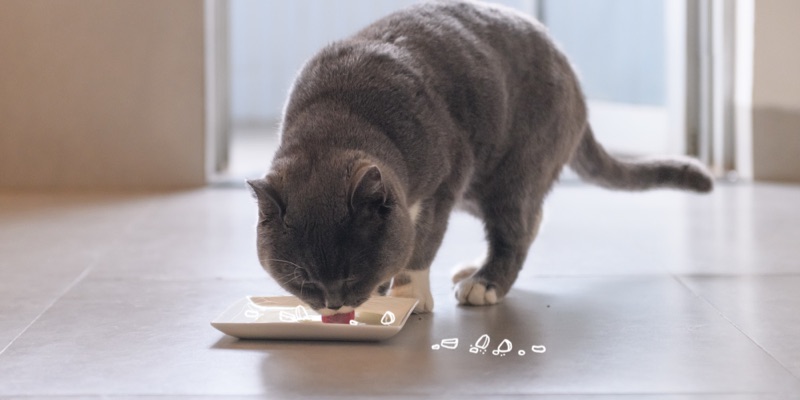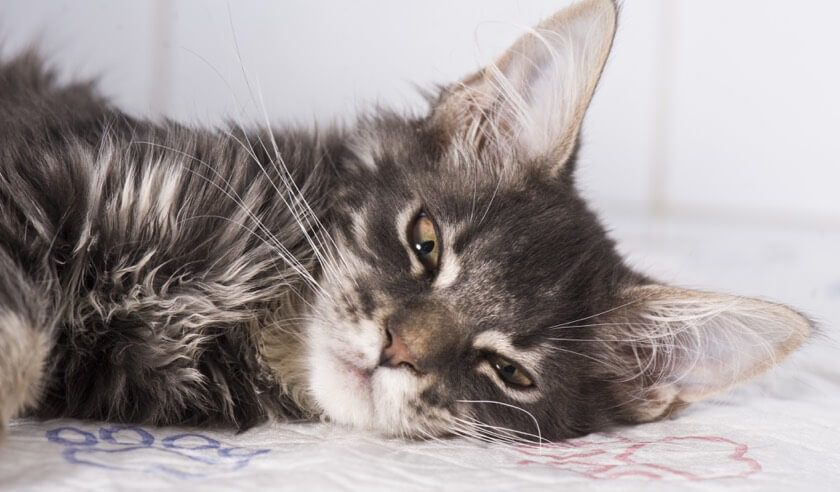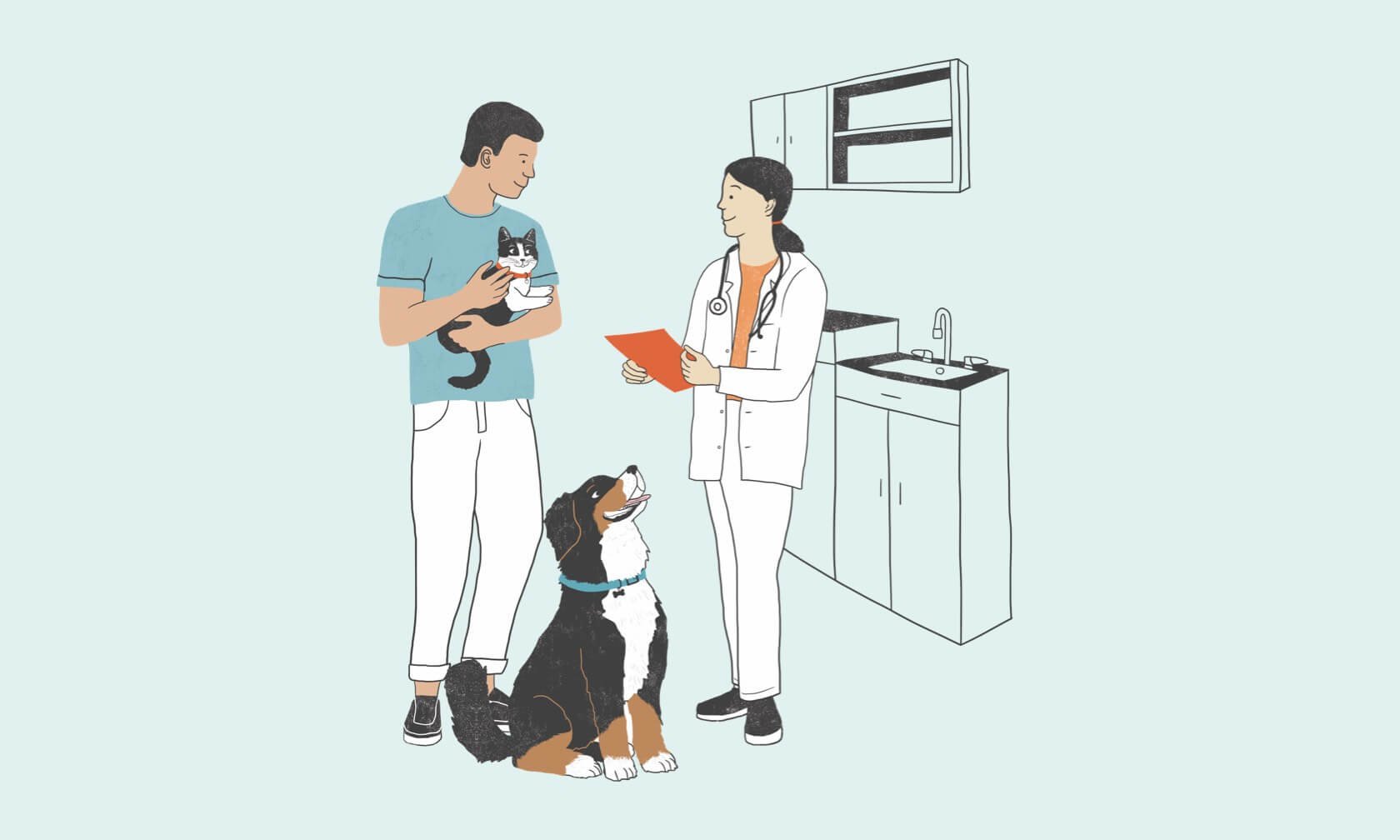Cats are almost always associated with a saucer of milk. There are paintings, movies, and stories filled with images of cats happily lapping milk from a bowl. But should cats actually drink milk? If not, where did this belief about cats and their love of milk come from (and in reality, is this association a good thing)?
Why Do We Think Cats Love Milk?
It’s thought that the idea of cats and milk began on farms. To a cat on the farm, there might not have been anything quite as appetizing as warm, fresh cow’s milk once the fatty cream that had risen to the top.
But that was then, and this is now. Today, most people get their milk from the grocery store and that milk contains little fat. Why does that matter? Because the cream that cats so loved was mostly fat and only contained low levels of lactose — the sugar naturally found in milk — compared to the milk we buy. Even though some of our feline friends do like the taste of store-bought milk, many find it difficult to digest because of its higher lactose levels.
Are Cats Lactose Intolerant?
Most cats are lactose intolerant. You may be wondering how that works when they drank milk from their mothers as kittens. When cats are born, they, like humans, have the necessary enzyme (lactase) to break down lactose. As cats age, many lose that enzyme. This means after they ingest milk, cheese, or another dairy product, the lactose that isn’t digested stays in their intestines and begins to ferment. To say the least, this often leads to gastrointestinal upset and diarrhea about 8 to 12 hours later.
Why Do Cats Want Dairy If They Can’t Digest It?
The likely reason cats are drawn to yogurt and milk is that they smell the fats and proteins. One theory is that to make up for their less sensitive taste reception, they have a heightened sense of smell[1] (that’s one reason they often sniff their food before eating). But taste is still important — and cats often prefer the taste of foods with high amounts of fat and protein. Combine the good smells with the good taste, and that’s why cats are still interested in dairy even when it brings on stomach trouble.
Treats That Won’t Upset Your Cat’s Stomach
What are your options for something tasty and hydrating if you don’t own a cow and knowing now that grocery dairy products are not considered a good option?
- Try getting a water fountain. It stimulates cats to drink more and can even be a form of entertainment.
- Add flavoring to their water. You can use low sodium chicken broth or tuna juice to give them a flavorful drink without the tummy upset.
The bottom line is that most cats are lactose intolerant and although they still seem drawn to dairy products, it is not worth the risk of an unhappy digestive system. It’s best to find healthier and more enjoyable options for a special treat.
ZPC-01361R1
- Taste Preference and Diet Palatability in Cats. Journal of Applied Animal Research. https://www.tandfonline.com/doi/full/10.1080/09712119.2020.1786391. Accessed May 20, 2021.





